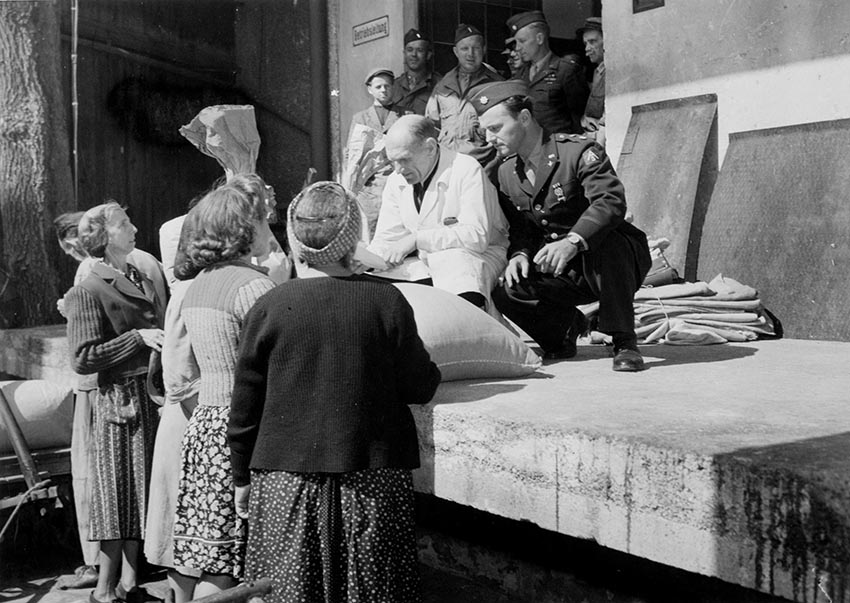
Photo Credit: USAID
The United States has been a leader in humanitarian response since the end of World War II, but how is this role changing and what are the implications?
In this episode of A Deeper Look, I speak about the evolving U.S. role in humanitarian response with Andrew Natsios, currently executive professor at the Bush School of Government and Public Service and director of the Scowcroft Institute of International Affairs at Texas A&M University. As the former head of both the Office of U.S. Foreign Disaster Assistance and the U.S. Agency for International Development, Professor Natsios has a keen understanding of the complexity of international development and its place in U.S. foreign policy.
Professor Natsios shares some of the concerning trends he sees in the United States today and outlines how these trends impact the U.S. role abroad. We also discuss U.S. leadership in crisis response, the connection between humanitarian response and U.S. foreign policy, and the ways that the United States has evolved in its approach to crisis response.
This year’s theme for A Deeper Look podcast is Humanitarian Crises and Emergency Response. You can listen on SoundCloud, iTunes or wherever you get your podcasts. I invite you to subscribe and join the conversation by leaving a comment or sharing the link on social media.
